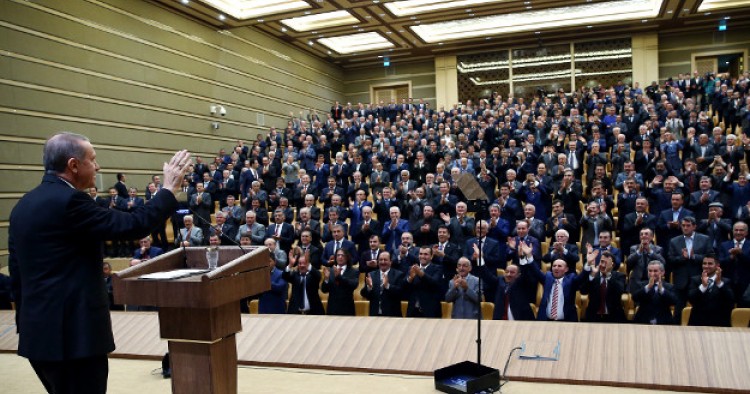Read the full commentary on The New York Times.
Since the early days of the republic, Turkey’s deep state has been seen as the clandestine defender of the Turkish establishment and the secular and nationalist ideology established by Turkey’s founder, Mustafa Kemal Ataturk.
The Turkish military has removed elected governments that strayed too far from this secular legacy and allegedly outsourced the dirty work – including murders – to criminal groups it protected. Such activities, combined with political interference by the military, undermined Turkish democracy, wrecked civil liberties and created deep rooted social and political polarization.
Before the collapse of the Soviet Union, communist groups were the deep state’s main enemy. Since then, the deep state has opposed Islamists and targeted Kurdish separatists.
Turkish intelligence and counterterrorism units are believed to have been the “unknown assailant” in the murders of thousands of Kurdish politicians, intellectuals and activists, and the disappearance of 1,500 people, between 1989 and 2008. The atrocities have scarred the Kurdish psyche and further divided the state and the Kurdish community.
As part of its early reformist incarnation, President Erdogan’s A.K.P. party has tried to curb the deep state and its military allies, including prosecuting military officers, journalists and opposition lawmakers who were accused of plotting against the government.
The Middle East Institute (MEI) is an independent, non-partisan, non-for-profit, educational organization. It does not engage in advocacy and its scholars’ opinions are their own. MEI welcomes financial donations, but retains sole editorial control over its work and its publications reflect only the authors’ views. For a listing of MEI donors, please click here.












